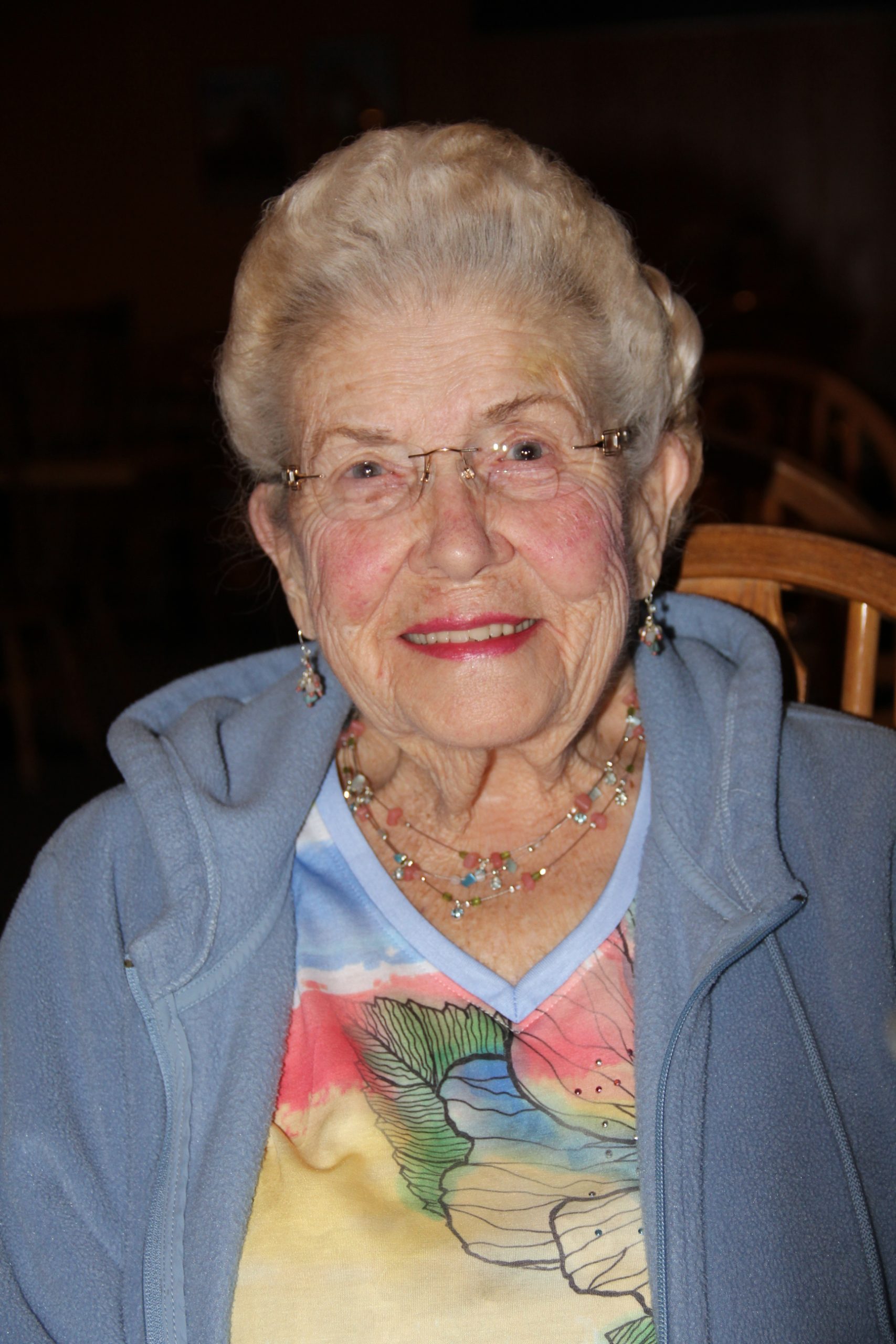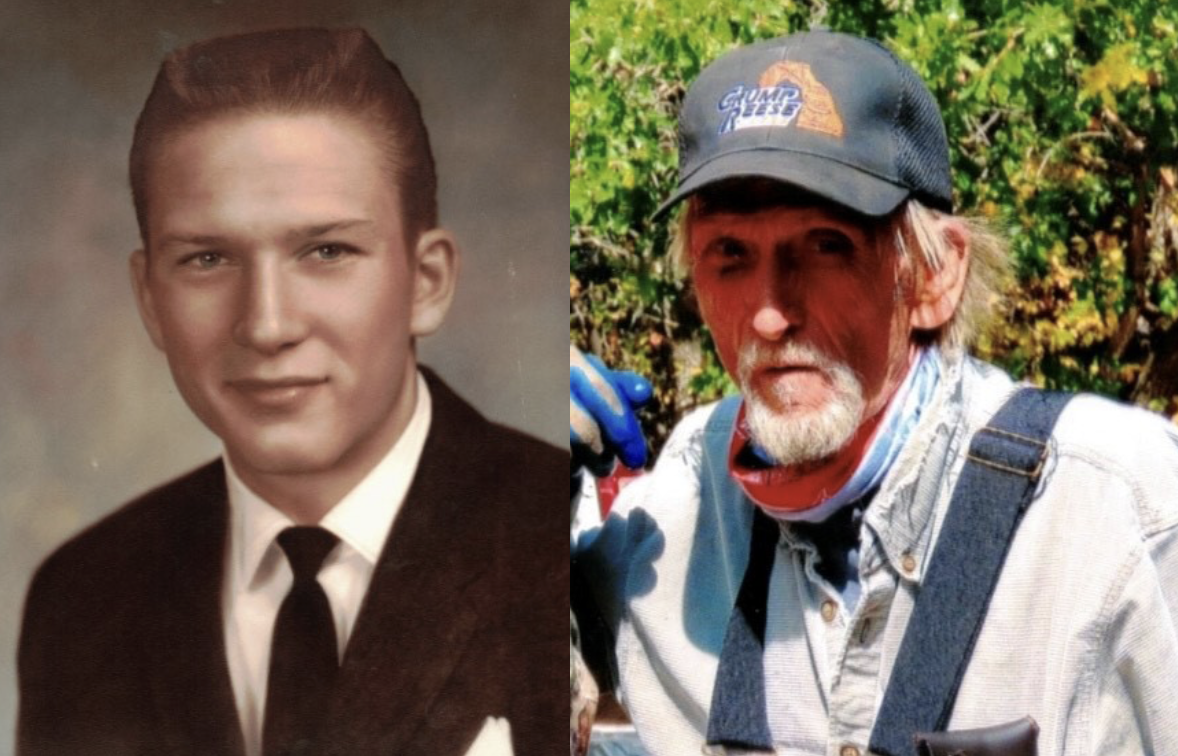Some information may be outdated.
Gladys started life as a 2-pound preemie in Clinton, Oklahoma, during a blizzard.
The doctor was contacted, came to see the baby, and pronounced “it would be best to let her die. She wonʼt survive.” Her mother and father declared differently and along with six siblings, took care of this tiny little being in a cigar box on the wood stove by rubbing alcohol on her body and drops of alcohol and milk into the teeny mouth to encourage her tiny arteries to pump life saving blood.
Her two-year-old brother called her “Miss Kittie” because of the sounds that came from her.
She survived to have her feet and legs put into braces for club feet which allowed her to excel in dance, sports and in life. It was the Great Depression and her family had nothing but a small farm house, furniture of a long wood table, two benches and bed mattresses that three children each slept on. To get food, they had to wait in lines for hours, with all the other farmers, to receive a package of government offerings. When lunchtime arrived at school, the family went home with no food to eat until dinner because they didnʼt want other people to know their plight.
Gladys was 9 when she arrived, but the school mistook her as kindergarten age due to her small size. She ended up being 5 feet 6 inches tall after getting a few years of substantial food. With their newfound “affluence” and WWII having sent her four brothers abroad, the family sought to aid the military men and families by providing a weekend place for them to sleep, commune, and eat heartily for up to 26 people. She bought her own furniture for her room with earnings by cleaning houses and caring for children from the time she was 9, then became an usher for the town movie theater. But she was never able to use the room or furniture due to the popularity of their home by military personnel and families that did fully appreciate her bedroom.
When she was 18, she suffered faintings. The doctor found she was severely anemic and probably still suffered from prior malnutrition issues giving her six months to live without intervention, then insisted on 3 years of treatment and not to marry her fiance until finished.
She married her husband after the three years and in another two years had her daughter Susan. She overcame many health obstacles, mastered marital and business economics, helped numerous family members and friends with lifeʼs issues and was treasured by her parents, six siblings, mother and father-in-laws, aunts, nieces, nephews, friends and co-workers.
The family began coming into Moab and the large surrounding wilderness in 1956 to discover the rough, beautiful, and wonderful terrain and wildlife.
It was magical. In 1981 they bought property against the cliffs in Spanish Valley for $700, installed a beautiful mobile home, planted trees and encouraged wildlife to come to them. They continued to travel and discover all the places they could in this area and never got bored in 33 years.
Her motives were pure, integrity was absolute, and although she might judge actions, she never judged the soul which was Godʼs own.
She is succeeded by her daughter Susan; nieces/nephews Lanell, JR, Karen, Virginia, Phyllis, Beverly, Raj, Phillip, Hartford and all their offspring and many other close family and friends.
Gladys would ask that any gifts be given to our community to support those that work but cannot earn enough to effectively provide for themselves and their families.
Thank you all who have treated her so well and respected her personally.
This community has so much to draw from and we support the various groups that provide to others and thank each of you for your volunteerism.
Thanks to the many, many friends that “made her day” so often.
You may send condolences to the family at www.SpanishValleyMortuary.com.
Appreciate the coverage? Help keep local news alive.
Chip in to support the Moab Sun News.





